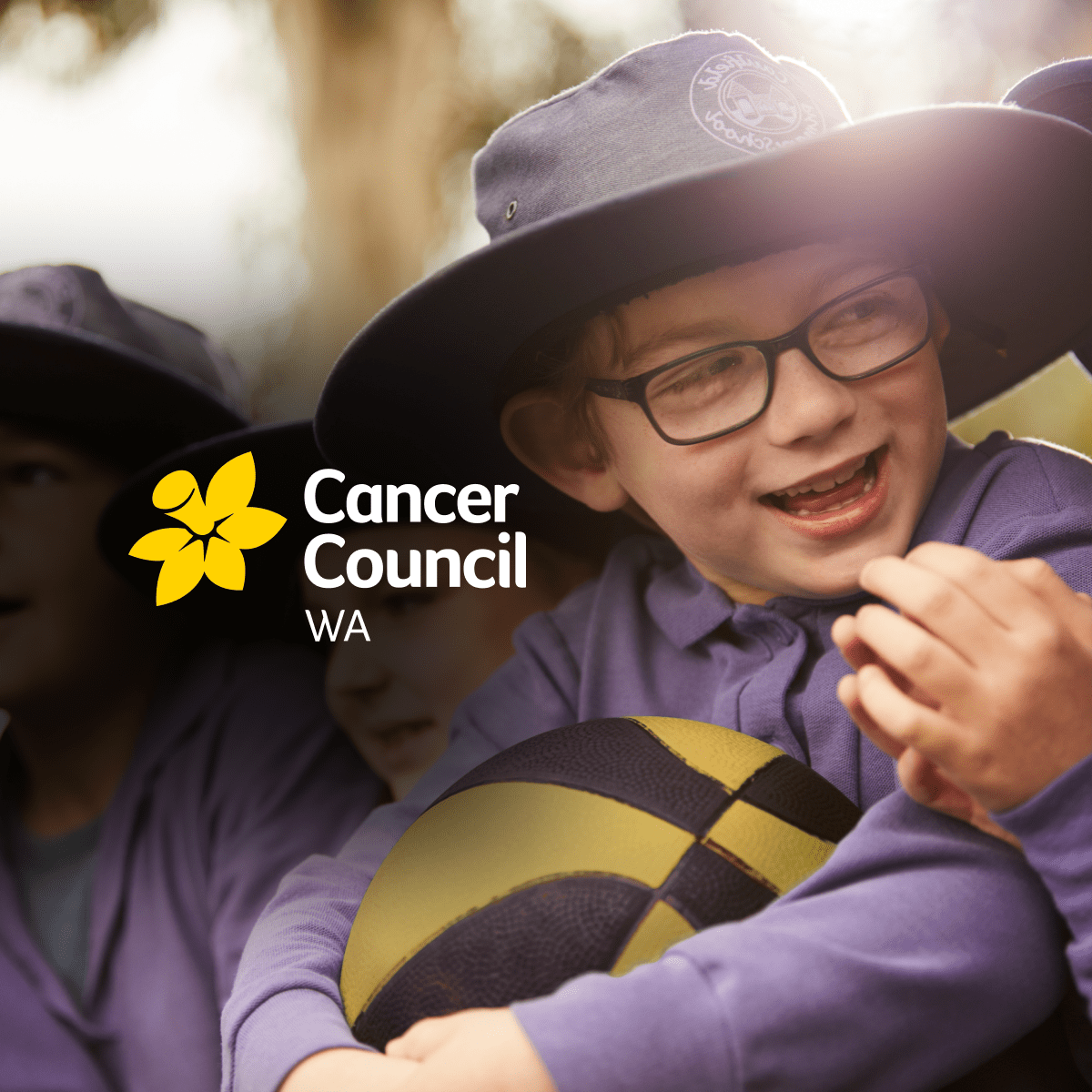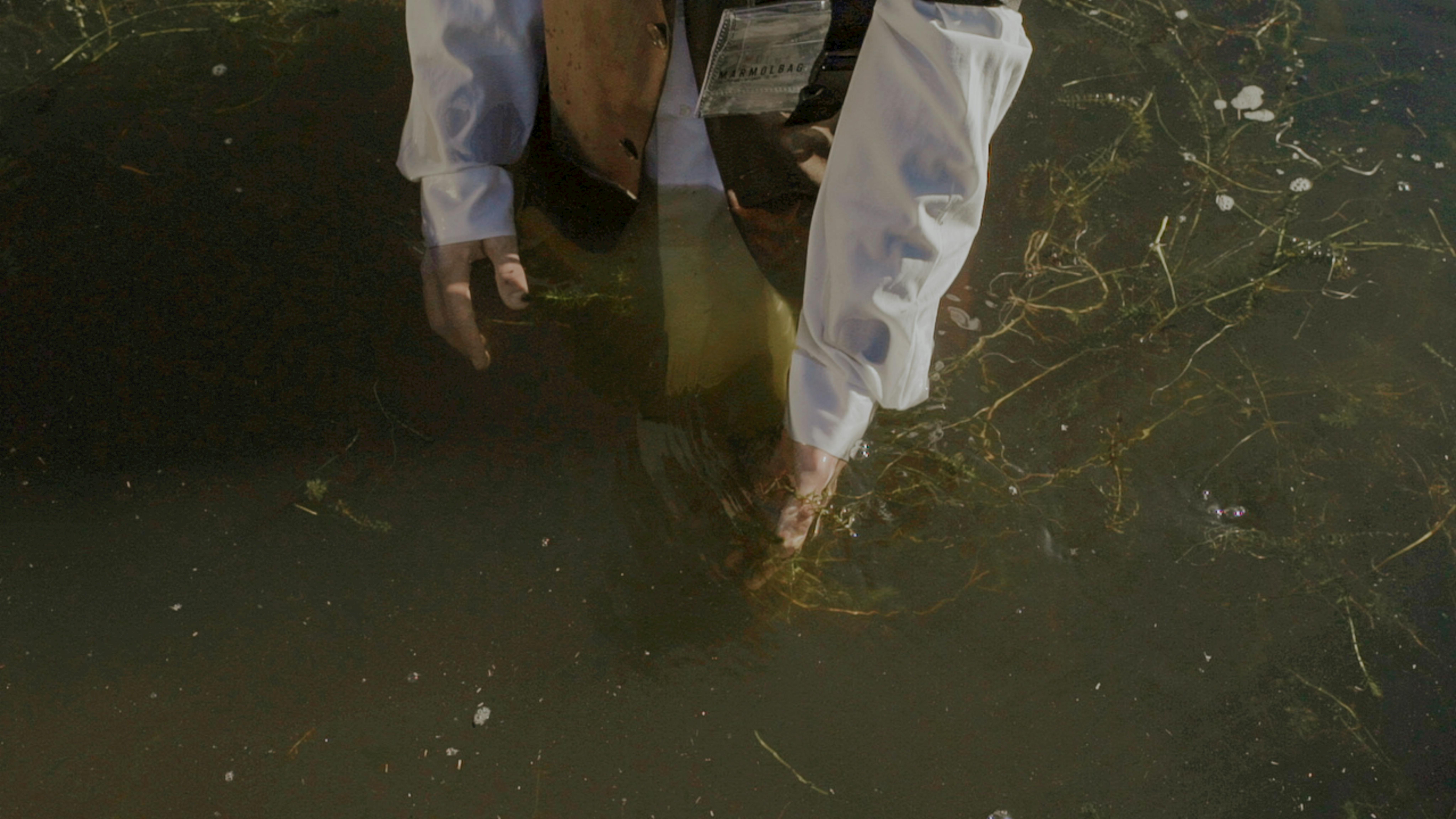I want to begin by acknowledging the Gadigal People of the Eora Nation, the traditional custodians of the land where we meet, and pay my respects to their Elders past, present and emerging.
I would like to extend that respect to any Aboriginal and Torres Strait Islander people who join us today.
I also acknowledge the current and ex-serving members of the Australian Defence Force (ADF) who are with us today. Thank you for your service.
And I also acknowledge the families of ADF personnel and veterans, thank you for your support.
On this day, 70 years ago, in the small village of Panmunjom, the generals of two opposing armies lifted their pens and signed an armistice which ended three years of conflict in Korea.
In that time, some 18,000 Australians served in the Korean War.
More than 1,200 were wounded; more than 350 never returned home.
To this day, 40 Australians remain missing in action, their ultimate fate unknown.
It is often said the Korean War is the forgotten war.
There were no VP Day celebrations, nor dancing in the streets of Sydney when the generals signed their armistice.
But for those Australian soldiers, sailors, aviators and medical personnel who served, and for the families who lost their loved ones, seven decades has done little to dim the memory.
It was a brutal invasion the United Nations condemned.
It was an act of violence – the aggressive attempt of an autocratic regime to impose its will on a neighbouring nation.
The UN called on the world to restore freedom in the South.
Following the United States, Australia was the first nation to answer that call.
Because it was a call we could not ignore: the fight in Korea was the fight for peace, democracy and a peoples’ right to live in freedom.
They are values all Australians hold dear.
They are values we have stood up to defend time and time again.
But we can never forget that in that defence it is ordinary people who serve
Ordinary people like local Randwick lad, James Fahey.
He served with the Royal Australian Navy in the Second World War.
When the call to bear arms was made a second time he sailed on the HMAS Anzac and was among the first to see action in Korea.
Anzac was part of the east coast blockade of the peninsular, and fired more than 1,000 rounds at onshore targets before her posting finished.
This was service that ultimately repelled the invasion and secured freedom for the south.
But we can never forget that the cost of that freedom is high for defence personnel.
The jagged concrete stones that make up part of this memorial represent the stark and rugged terrain of Korea, where our soldiers fought.
The Korean War was harsh.
Our troops endured torrential rain, scorching summers, and winters that got as cold as negative 16 degrees.
Today, as we pay tribute to those who fought and endured those conditions, we also reflect on what was won.
Today, South Korea is at peace.
The bond that was forged between our nations during that war remains just as strong today as then.
Our shared values of democracy and freedom have made us the best of friends.
And we are continuing to foster that friendship through efforts like Exercise Talisman Sabre.
These joint military exercises help reaffirm and strengthen our nations’ bonds, while also working to ensure stability and peace in our region.
In 70 years much has changed.
South Korea has joined the global community as an industrious democratic nation.
But we can never forget the sacrifice that was made to secure that future.
Not far from where we stand today, on the 4th of March 1952, some 7,000 people gathered at Circular Quay to see off the 1st Battalion, Royal Australian Regiment.
Young sons of Australia, bound for Korea and the war.
Their commanding officer, Ian Hutcheson said ‘they’re young, keen, brave and intelligent. They’re Australians.’
It was reported that wives, sweethearts and friends stood standing on the quay, waving to the ship lined with khaki figures for nearly two hours as they readied for departure.
Scarves, hats and umbrellas were waved, tears were shed.
For some families this, or a similar sight, would be their last glimpse of their loved one.
We can never forget the cost of war, nor how its effects echo down the years.
That is why the Australian Government is committed to supporting all those who served Australia, as well as the families who support them.
Today we pay homage to the veterans of Korea.
We give thanks to their service and to the sacrifices they made.
And we celebrate the freedom of South Korea, holding in our hearts a prayer for enduring peace.
Lest we forget.








